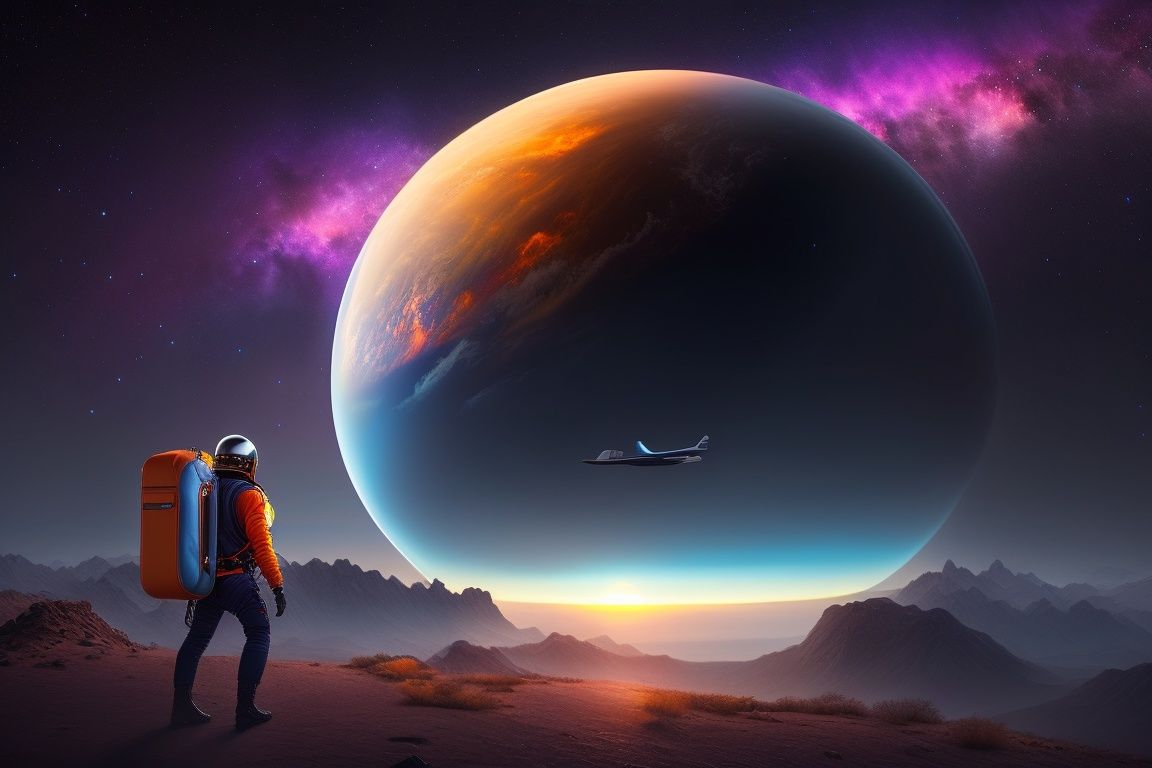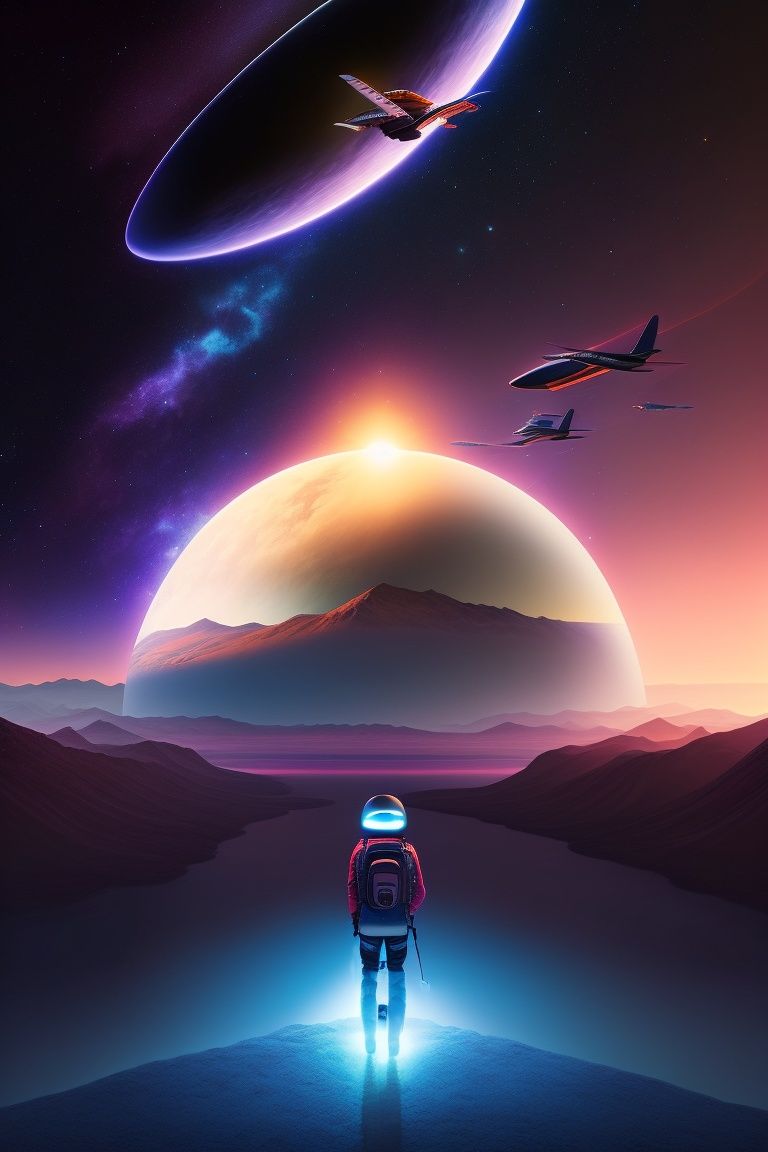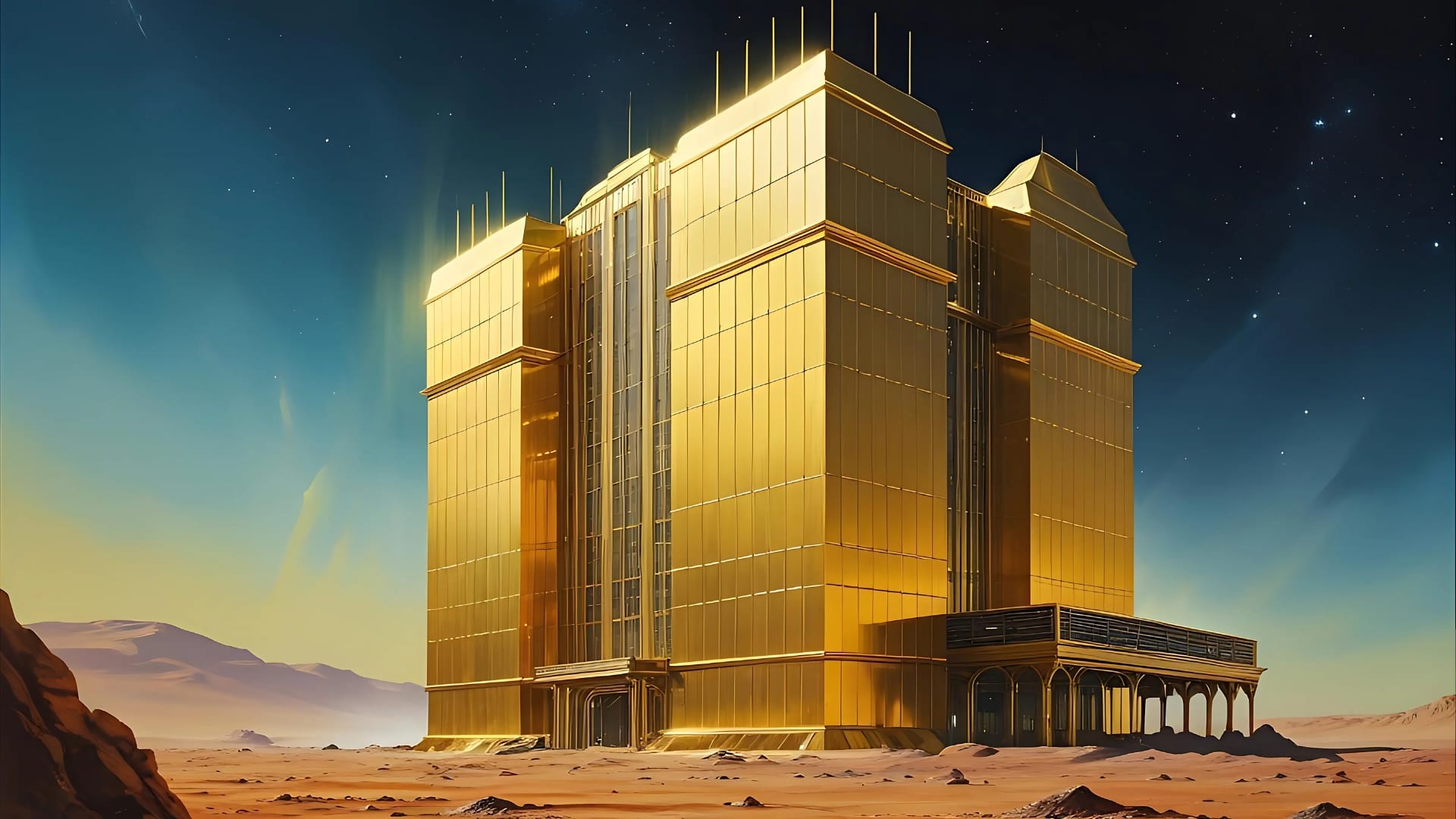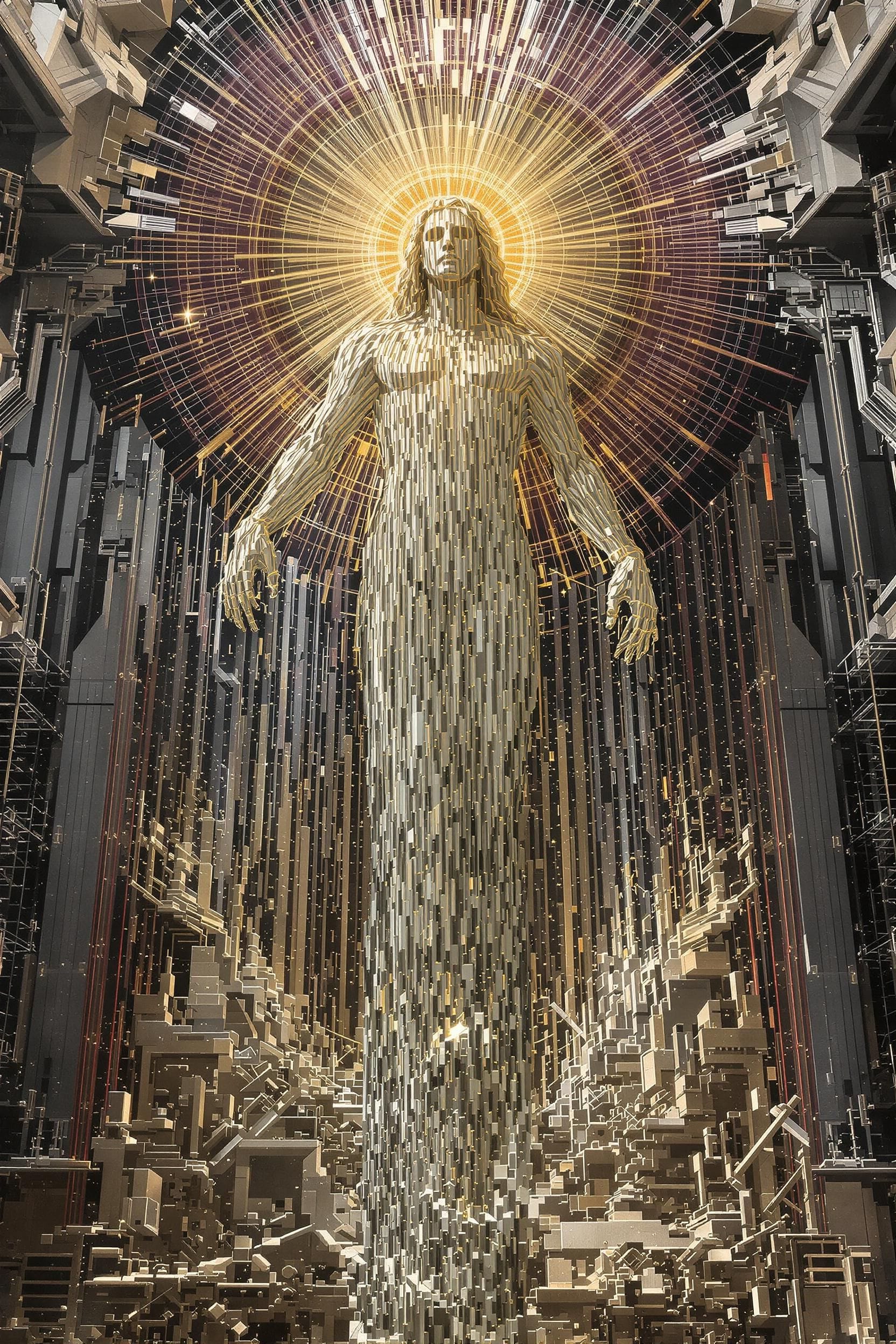Dark Space Tourism will emerge by 2105 - the AI Veteran Mr. Mohan Leela Shankar Predicts
Meet Mr. Mohan Leela Shankar, an AI veteran renowned for his spot-on forecasts, who believes that by the year 2105, humanity will embark on unprecedented journeys to explore the mysteries of dark space.

In the vast expanse of the cosmos, a new frontier awaits mankind - dark space tourism. With technological advancements pushing the boundaries of space exploration, one man's predictions have captured the imagination of the world. Meet Mr. Mohan Leela Shankar, an AI veteran renowned for his spot-on forecasts, who believes that by the year 2105, humanity will embark on unprecedented journeys to explore the mysteries of dark space.

The Rise of Mr. Mohan Leela Shankar:
Mr. Mohan Leela Shankar, a pioneer in the field of artificial intelligence, has dedicated decades to refining predictive algorithms. His unparalleled track record of accurate forecasts in various domains, including technology, economics, and climate change, has earned him immense respect and fame. As an AI veteran, Shankar's predictions have often been the guiding light for decision-makers and inventors across the globe.
Dark Space - The Uncharted Realm:
Dark space, also known as intergalactic space, is the vast, mysterious void that separates galaxies and star systems. Unlike the cosmic wonders observable from Earth, dark space remains elusive, shrouded in obscurity and intrigue. It comprises approximately 95% of the universe, harboring untold secrets and celestial phenomena yet to be witnessed by human eyes.
Advancements Propelling Dark Space Tourism:
Shankar's prediction of dark space tourism gaining momentum by 2105 is founded on continuous breakthroughs in space exploration technologies. The key advancements driving this vision include:
- Faster-than-Light Travel: Innovations in theoretical physics have paved the way for faster-than-light travel, making distant regions of the universe more accessible.
- Advanced Propulsion Systems: Propulsion systems, powered by novel energy sources, have significantly reduced travel times to remote cosmic destinations.
- Life-Support Systems: Cutting-edge life-support technologies ensure the safety and well-being of tourists during extended interstellar journeys.
- AI and Robotics: Artificial intelligence and robotics have revolutionized spacecraft automation, navigation, and repair, enhancing reliability and reducing human intervention.
- Space Habitats: Sustainable, self-sufficient space habitats serve as intermediate bases for tourists to rest and recharge while exploring dark space.

The Rise of Dark Space Tourism:
By 2105, the cumulative effect of these technological strides will culminate in the emergence of dark space tourism as a legitimate industry. The journey from a mere vision to a tangible reality will be fraught with challenges, but Shankar firmly believes that humanity's relentless pursuit of knowledge and exploration will overcome any obstacles.
Tourism in dark space will be a luxury endeavor, attracting thrill-seekers, scientists, and the elite alike. It will offer a unique experience, taking tourists beyond the confines of our galaxy to witness breathtaking phenomena, such as interstellar gas clouds, cosmic collisions, and gravitational lensing.
Ethical and Environmental Considerations:
While the prospect of dark space tourism is captivating, it raises ethical and environmental questions that must be addressed responsibly. Conservation of cosmic heritage and minimizing the ecological footprint of such endeavors will be paramount. Striking a balance between the benefits of exploration and preserving the sanctity of untouched regions of the universe will challenge policymakers and spacefaring organizations.
Conclusion:
The advent of dark space tourism, as predicted by AI veteran Mr. Mohan Leela Shankar, holds great promise for humanity's future. The convergence of scientific progress and ambition will propel us toward the stars and redefine our understanding of the cosmos. As we stand on the precipice of the new era of space exploration, we must tread carefully, ensuring that our quest for knowledge and adventure does not come at the expense of the universe's pristine beauty. By embracing responsible space exploration, we can hope to unlock the secrets of dark space while preserving its awe-inspiring majesty for generations to come.




